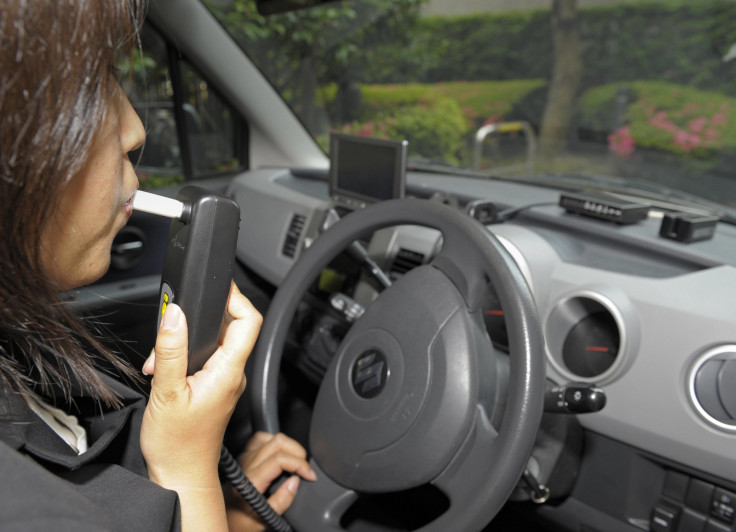Drunk Driving Deaths Down 15% In States Requiring Ignition Lock For DUI Offenders

If you’ve been arrested once for driving drunk, it’s not unlikely you’ll be caught again. The National Highway Traffic Safety Administration reports one-third of the 1.4 million drunk or impaired driving arrests each year involve repeat offenders. This fact alone is compelling evidence that DUI offenders should be required to install an ignition interlock, a simple device that won’t allow a car to start unless the driver first passes a breathalyzer test. New research proves they are effective.
The University of Pennsylvania study finds mandatory in-car breathalyzer tests saved an estimated 915 lives between the years 2007 and 2013. This represents a 15 percent reduction in drunk-driving related deaths compared to states without legislation requiring the ignition locks for DUI offenders, say the researchers.
Dr. Elinore J. Kaufman, lead author of the current study, and Dr. Douglas J. Wiebe, senior author, say accidents involving alcohol lead to 11,000 deaths each year and make up nearly 30 percent of all vehicular fatalities. Their research shows making ignition interlock devices mandatory for repeat DUI offenders would go a long way toward bringing down the numbers of these deaths.
One of the biggest supporters of mandatory ignition interlock devices is Mothers Against Drunk Driving (MADD), an organization founded in 1980 by a mom whose daughter was killed by a drunk driver. According to MADD, the average drunk driver has driven drunk 80 times before a first arrest. MADD also reports that, on any given day, more than two million drunk drivers who have had three or more prior convictions are on the road… with you!
The need to require convicted drunk drivers to prove they are sober before starting a car is evident to mothers and lawmakers in the 22 states where ignition interlock regulations apply to all drunk driving offenders. (All states mandate some use of these devices, with most states requiring them only under certain circumstances, such as a very high level of inebriation at first offense.) MADD estimates these laws have prevented 1.77 million attempts by a driver to drive with an illegal blood alcohol concentration (BAC) of .08 or higher.
To understand whether laws requiring DUI offenders deploy the ignition device have helped, the research duo requested data from the National Highway Traffic Safety Administration. Then, they examined the number of alcohol-related crash deaths in 18 states requiring ignition locks for everyone convicted of a DUI (as of 2013, the most recent statistical year) and compared this to the number of alcohol-related crash deaths in states without mandatory interlocks for all offenders.
Their analysis finds these laws are effective. States with mandatory locked-ignition laws reported the number of lives saved totaled 1 person for every 125,000 each year. This compares to 1 person saved for every 110,000 after airbags became a mandatory safety feature in cars; and 1 person saved for every 500,000 after the drinking age was raised from 17 to 21 years old.
As of 2010, about 300,000 interlock devices were in use nationwide, up from 100,000 just four years before, but they are still only used in about 30 percent of drunk driving convictions, wrote the authors. With faster, more compact designs in development, the authors recommend wide adoption to prevent needless injuries and deaths.
Source: Kaufman EJ, Weibe DJ. Impact of State Ignition Interlock Laws on Alcohol-Involved Crash Deaths in the United States. American Journal of Public Health. 2016.
Published by Medicaldaily.com



























